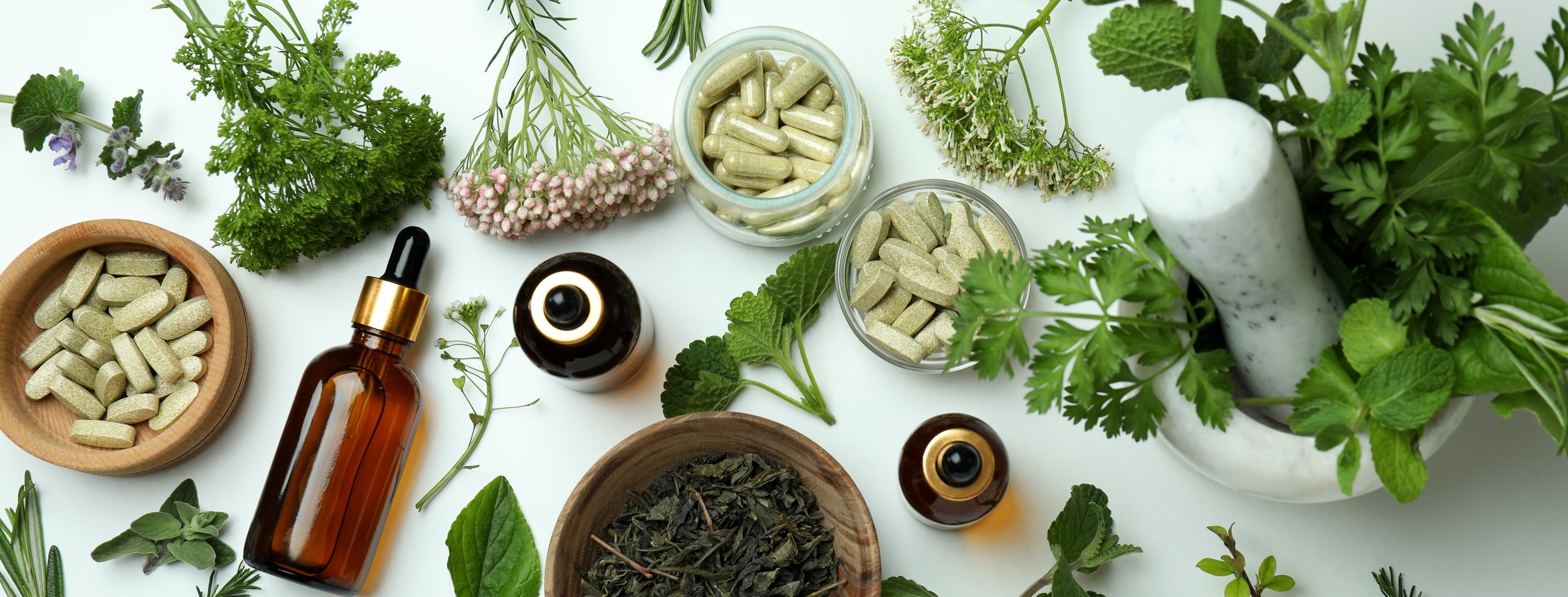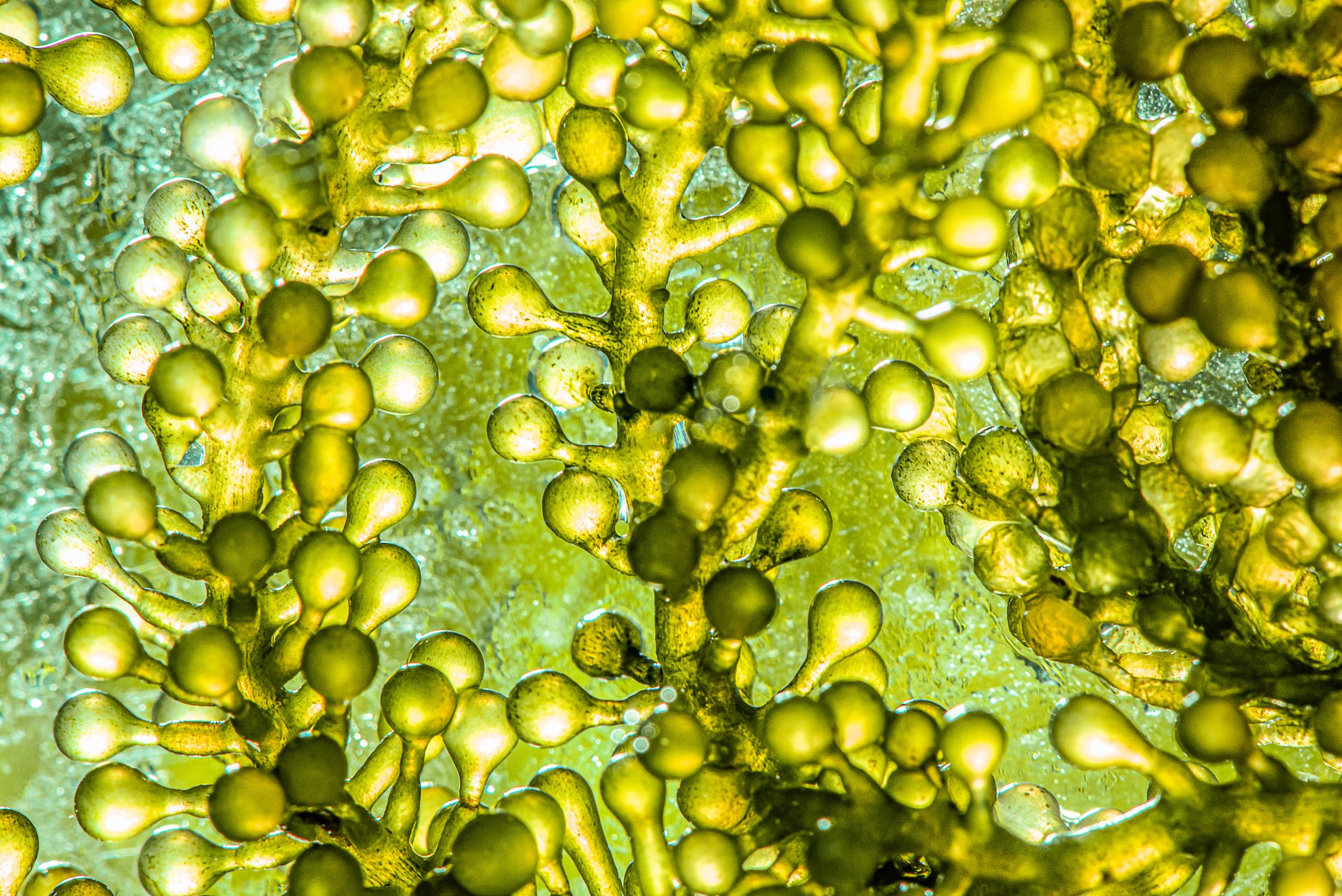The Only Supplements You Need as a Vegan
Critics of vegan nutrition have spread misinformation that a plant-based diet requires excessive supplementation in an attempt to try and attack veganism. But the truth is that a well-planned plant-based diet requires very little to be added and can be simple, affordable, and effective.
The reality is that even the best quality vegan supplements can’t undo a poor diet dominated with processed foods. We always emphasise the importance of making whole foods the foundation of your plant-based diet. Having a collection of go-to healthy vegan recipes (like the ones in our vegan meal plans) is the best way of achieving lasting health.
Supplementing on a vegan diet doesn’t have to be complicated or overwhelming.
Join hundreds of satisfied students who have transformed their lives with our Plant-Based Nutrition Course!
Here’s which delicious whole foods ingredients should be the foundations of a healthy plant-based diet:
Whole grains
Legumes
Fruit & Veg
Nuts
Herbs & Spices
Seeds
Put your nutrition first and eat a healthy, balanced diet of whole foods that are rich in antioxidants and essential vitamins & minerals!
Which supplements should you be taking to live your best life as a vegan?
Vitamin B12
You may have heard people attempting to argue that the need to supplement vitamin B12 on a vegan proves that veganism is unhealthy - this is absolutely incorrect. The reality is that everyone would benefit from supplementing B12. Vitamin B12 deficiency is a widespread concern regardless of dietary choices because modern agricultural methods have depleted levels of B12 that were naturally found in soil.
Modern food production and hygiene practices mean we no longer get significant amounts of B12 (a nutrient produced by bacteria found in soil) from sources like water and unwashed produce.
Low B12 levels are a particular concern, as it’s a nutrient crucial for nerve function and red blood cell production. Supplementation is often recommended, particularly for older adults and those following a plant-based diet because studies have suggested around 6% of people aged 60 and over in the UK have B12 deficiency, and about 20% have marginal status.
Vitamin B12 Dosage Recommendations:
Adults Under 65: Should take 70mcg of Vitamin B12 daily, or a single dose of 2000mcg weekly.
Adults 65 and Over: Should take 1000mcg of Vitamin B12 daily.
Vitamin D
Vitamin D is crucial for bone health, immune support, and muscle function. The main food sources that contain vitamin D are animal-based products like fatty fish & egg yolks. Despite this, around half of the world is thought to have insufficient vitamin D status! And whilst you can buy foods that are fortified with vitamin D, the amount is often insufficient to meet daily needs.
The primary way we get vitamin D isn’t through food; it’s through sunlight! Our bodies synthesise vitamin D3 naturally when our skin is exposed to sunlight’s UVB rays. Supplementation is recommended because our modern indoor lifestyles limit this exposure for most people, not just vegans.
Vitamin D Dosage Recommendations:
Make sure you check that your vitamin D is vegan! Many common D3 supplements are made from lanolin, a derivative of sheep’s wool.
Choose a vegan-certified D3 supplement sourced from lichen.
The average adult should aim for 2000iu per day ideally.
Omega-3
A well planned vegan diet that includes sources of healthy fats like nuts, seeds and avocado should provide plenty of plant-based sources of omega-3 called ALA (alpha-linolenic acid). Our bodies convert ALA into EPA and DHA, which are longer-chain omega-3s that are essential for brain and heart health.
However, a small number of people have a rare genetic condition that prevents their bodies from converting ALA efficiently. If you have any concerns about your omega-3 levels, consult a healthcare professional. They might recommend a vegan DHA supplement made from algae oil.
OMEGA-3 Dosage Recommendations:
Always check that your omega-3 supplement is vegan, as many use fish oil. Look for a vegan certified omega-3 supplement made from algae oil - a cruelty free and eco-friendly option.
To ensure optimal omega-3 intake, include foods such as ground flaxseeds, ground chia seeds, hemp hearts and walnuts in your daily diet.
If you want to be certain that you’re getting all the nutrients you need on a plant-based diet then learn about our personalised meals plans.
IODINE
Iodine is an essential mineral for vegans to consider. Like B12, it can be more challenging to obtain sufficient iodine intake without consuming animal products. Thankfully, seaweed provides a tasty, plant-based solution.
You can find various types of seaweed available in supermarkets and in Asian grocery shops like nori sheets, dulse flakes, kelp powder, and wakame. If eating seaweed isn’t for you, it’s recommended to take an iodine supplement instead.
It’s important to note that if you’re an individual with thyroid condition, consult your doctor before consuming seaweed or taking iodine supplements.
Iodine Dosage Recommendations:
It’s recommended that adults take 150mcg of iodine daily.
Pregnant or breastfeeding women require 220mcg of iodine daily.
We hope that this guide has helped you make informed choices when it comes to taking supplements and eating a healthy vegan diet.
Now you can confidently optimise your health and support your overall wellbeing.
We’re here to help!
If you have any questions or need 1:1 support please don’t hesitate to contact us directly to talk about our consultation and online coaching services.
With love,
Paul & Gemma
Hench Herbivore





